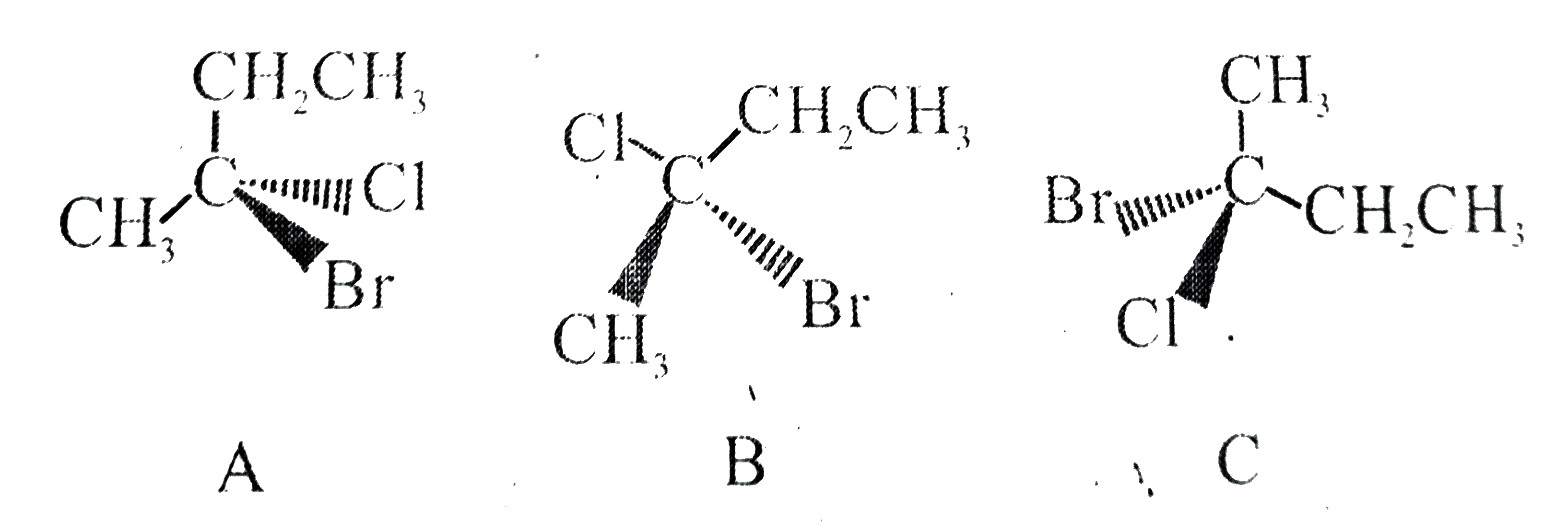Which of the following statements are true about quartz,
A) it is pure crystalline form of silica
B) it is a tetrahedral polymer of SiO2
C) UV light can pass through quartz
A and B are correct
B and C are correct
A and C are correct
all are correct
The correct Answer is:D
Step by step video, text & image solution for Which of the following statements are true about quartz, A) it is pure crystalline form of silica B) it is a tetrahedral polymer of SiO_(2) C) UV light can pass through quartz by Chemistry experts to help you in doubts & scoring excellent marks in Class 11 exams.
Updated on:21/07/2023Topper's Solved these Questions
- 14TH GROUP ELEMENTSBook:NARAYNAChapter:14TH GROUP ELEMENTSExercise:Level-III
Explore 17 Videos
- 14TH GROUP ELEMENTSBook:NARAYNAChapter:14TH GROUP ELEMENTSExercise:Level-IV
Explore 9 Videos
- 14TH GROUP ELEMENTSBook:NARAYNAChapter:14TH GROUP ELEMENTSExercise:Level-I (C.W)
Explore 27 Videos
- 13TH GROUP ELEMENTSBook:NARAYNAChapter:13TH GROUP ELEMENTSExercise:Comphensive Type Question
Explore 22 Videos
- ACIDS & BASESBook:NARAYNAChapter:ACIDS & BASESExercise:EXERCISE-III
Explore 43 Videos
Similar Questions
Knowledge Check
Which one of the following statements are true about H2S?
AIt is a dibasic acidBIt is monobasicCIt decomposes carbonatesDIt gives only normal salts.Which of the following statements is true about Ca(OH)2?
AIt is used in the preparation of bleaching powderBIt is a light blue solidCIt does not possess disinfectant propertyDIt is used in the manufacture of cementWhich of the following statements is true about Ca(OH)2?
AIt is used in the preparation of bleaching powderBIt is a light blue solid .CIt does not possess disinfectant property.DIt is used in the manufacture of cement .
Which one of the following statement is true about Ca(OH)2 ?
View SolutionWhich of the following statements is not true about B2H6 ?
View SolutionWhich of the following statements is not true about H3PO2 ?
View SolutionWhich of the following statements is not true about crystalline solids?
View SolutionWhich of the following statement is true about NO2andClO2?
View Solution
